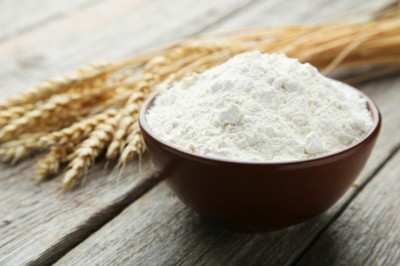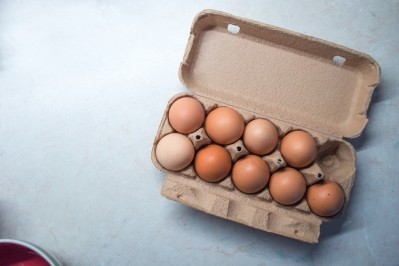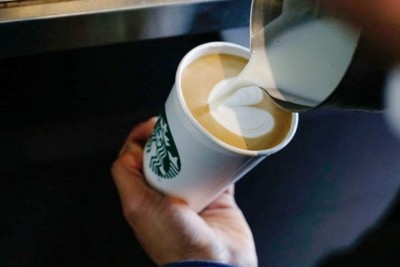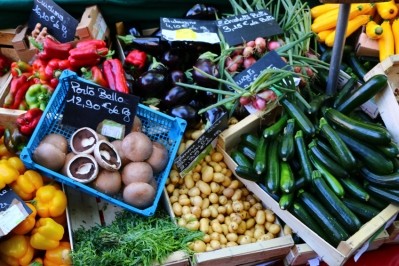SPECIAL EDITION: ORGANIC AND NON-GMO
Can organic food capitalise on flagging confidence in the food industry?
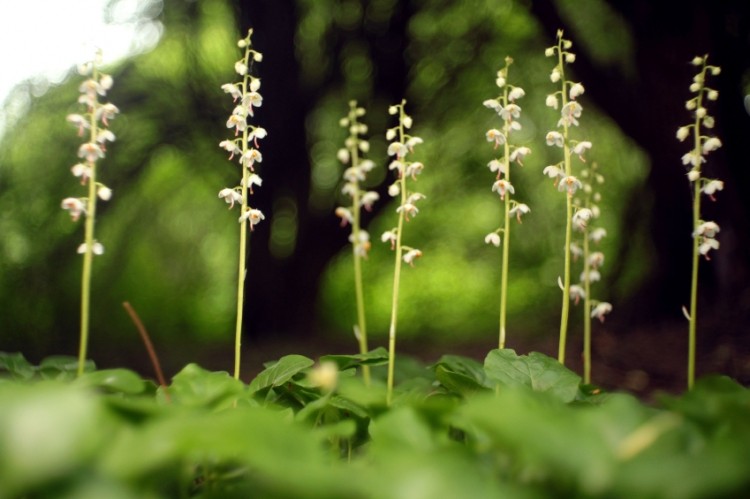
In June 2006 EUobserver ran a story entitled “Wary consumers flock to organic food”. The article told of how food scares, the spread of mass intensified agricultural farming and concern for the environment had combined to spark “an upsurge in organic produce in the last 10 years”. That was a period of BSE, foot-and-mouth disease, bird ‘flu and the Sudan I dye scare.
The last 10 or so years can’t compete with that scale of food scares. Or can it? Since the one involving horsemeat in 2013 there has been a steady stream of incidents, the latest ones being Fipronil found in eggs and hygiene issues at meat plants in the UK. But there are also dark clouds gathering behind those storms that are unsettling consumers.
Chemicals, for example: think glyphosate, which is probably or probably not carcinogenic depending on who you listen to. Microplastics: which have been found in everything from beer and honey to seafood and most recently bottled water. And then there are those trade deals, of course.
US intervention
The US would be only too happy to flood European markets with a raft of products that are banned here. The mainstream media has gobbled up the threats posed by chlorine-washed chicken and genetically modified (GM) foods. Meanwhile, politicians and industry representatives have gorged on the opportunity to promote our food system as better than all that. Indeed, it’s hard to forget the comment made by Ian Wright, director general at the UK Food and Drink Federation, at last November’s Food Matters Live. Speaking of concerns that food standards will be relaxed to woo the Americans into a trade deal, Wright pointed out that deaths from food poisoning in the US versus the UK are 100 to one: “Do we want a regime that keeps us alive or one that doesn’t?”
Food standards may well be considered better here in Europe, but they are far from perfect. There will always be scandals but scrutiny of the regulatory system across the mainstream press (almost weekly) has created fear – and in turn a desire amongst consumers to know more about where food comes from and how it is produced and processed. This is something the organic sector appears keen to seize upon.
Organic can’t do anything about microplastic contamination (which according to the European Food Safety Authority isn’t a health concern anyway) but the anti-pesticide tide can certainly work in its favour, as can Europe’s continued opposition to genetically modified foods. A Eurobarometer survey back in 2010 found that 31% of consumers were “very worried” about chemical residues from pesticides in their food, up three percentage points compared to 2005. I’d hazard a guess that the figure has now flown past the 40% mark. Indeed, more than a million people signed a petition calling on the European Commission to ban glyphosate, which has prompted a full public consultation on the “transparency and sustainability of the EU risk assessment in the food chain”.
The rise of organic
But will this cycle of scandals result in more people buying more organic food? The sector would argue that they already are. Retails sales of organic food in Europe hit €33.5 billion in 2016, up 11.4% on the previous year, according to statistics just published by the Research Institute of Organic Agriculture (FiBL)) and the Agricultural Market Information Company (AMI). It’s only the second time there has been double-digit growth since the financial crisis and in some countries, like Denmark, organic’s share of the market is reaching 10%.
A quarter of food and drink products launched in Germany in 2017 carried organic claims, according to Mintel. Chris Elliott, professor of food safety and founder of the Institute for Global Food Security at Queen's University Belfast, tweeted that it’s “boom time” for the sector, provided it also gets protection from food fraud (the European Commission’s Joint Research Centre is currently developing new techniques to help identify what’s organic and what’s not).
UK organic certification body the Soil Association certainly feels there is more to come. In its 2018 market report, published last month, it noted how the steady stream of food scares since 2013 has “built more mistrust among consumers. But it bodes well for organic with its high ethical and welfare standards and independent inspections and verification.”
A case of schadenfreude? Maybe. But there is belief in the organic movement that this is their time: supermarkets may well be able to copycat other ethical labels like Fairtrade but they can’t make up their own rules on organic production. Health is also driving more people to buy organic – it’s a “key motivator” for purchase, said the Soil Association, adding: “Media stories about food practices, like chlorinated chicken in the US, and more genetically modified products, may lead consumers to choose items which have higher animal welfare and that are certified organic.”
Price considerations
Still, it won’t be easy. Eggs have the highest market share of organic products in Europe, whilst vegetables “continue to be a highly popular purchase”, according to FiBL’s 2018 report. Shoppers may well opt for organic if it’s a few cents more but convincing them to pay a much heftier premium for, say, organic meat won’t be so easy – especially given how cheap the conventional products have become. An analysis of why Austrians don’t buy more organic meat in 2016 concluded that it was “mainly” down to price, for example. Of course, as diets shift towards less meat there is every chance that more shoppers will then go for ‘better’ meat.
A bigger market share won’t come overnight, but organic – like no time before – certainly has the wind in its sails. That EUobserver piece from 2006 ended with a quote from one the experts involved in Britain’s rural recovery task force following the foot-and-mouth crisis, who said: “Farmers should assess the business case for organic and avoid being beguiled by encouraging noises from retailers and organic farming evangelists.”
In the decade since then, the value of organic food in Europe has more than doubled, according to FiBL, which noted that: “For many countries, the organic market is growing faster than production, and domestic supply cannot meet demand. Therefore, many organic organisations or market actors are calling for more farmers to convert to organic.” For some, it seems, these times of crisis and growing mistrust bring opportunity and ambition (and the fact that Prince Harry and Meghan Markle have today announced that they’ll be using an organic baker for their wedding cake won’t do any harm either).
